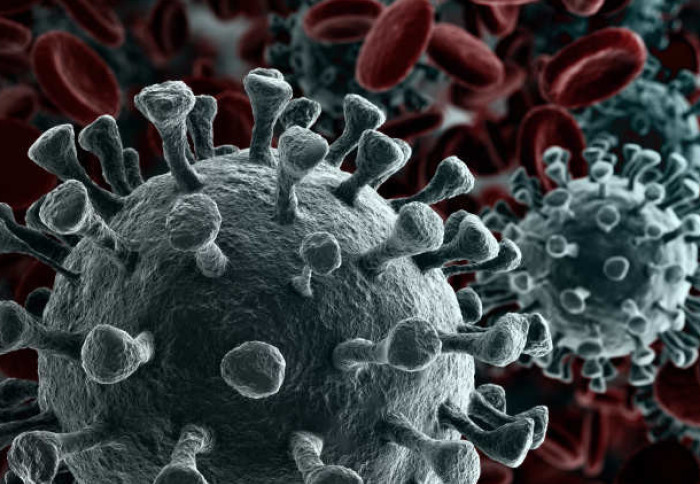What the COVID19 UK response can teach us to combat Antimicrobial Resistance

A summary report of the key points raised at a recent workshop AMR research: learnings applied from COVID-19 was published earlier this month
The workshop held by the Academy of Medical Sciences, National Institute of Health Research and Department of Health and Social Care was co-chaired by Professor Alison Holmes and brought together key stakeholders and experts across a range of disciplines. They reflected on the scientific and policy response to the pandemic and the lessons that could be learned to tackle antimicrobial resistance (AMR). Antimicrobial resistance (AMR) is recognised as a threat to society, health systems and individuals across the world.
Key areas relevant to AMR were the focus of discussions at the workshop including diagnostics and surveillance, therapeutics and vaccines, and explored how to use this opportunity to implement radical new strategies to address AMR.
Greater diagnostic, screening and surveillance capability and coordination are required for long-term impact on antibiotic use, infection prevention and access to treatments Professor Alison Holmes Professor of Infectious Diseases
The workshop highlighted how multiple research communities came together to combat Covid 19 and that developing a similar multi-disciplinary approach would be key to combatting AMR. The pandemic response was rapid, focused and well-funded and drove innovation which could be captured to respond to AMR. Another radical strategy was to consider alternative financing mechanisms for the development of new antimicrobials and vaccines.
The pandemic also shone a light on the important role of patients and the public. The discussions explored how this could be harnessed so that they play a critical role in the response to AMR. One possible approach could be the rebranding of AMR to capture political and public attention to replicate the urgency and focus which was demonstrated so well in the COVID-19 response.
The outcomes of this workshop will inform the work of the UK AMR Research Coordination Group convened by the DHSC. More details will be provided in the full report, due to be published in the Spring.
Article text (excluding photos or graphics) © Imperial College London.
Photos and graphics subject to third party copyright used with permission or © Imperial College London.
Reporter
Rakhee Parmar
Department of Infectious Disease